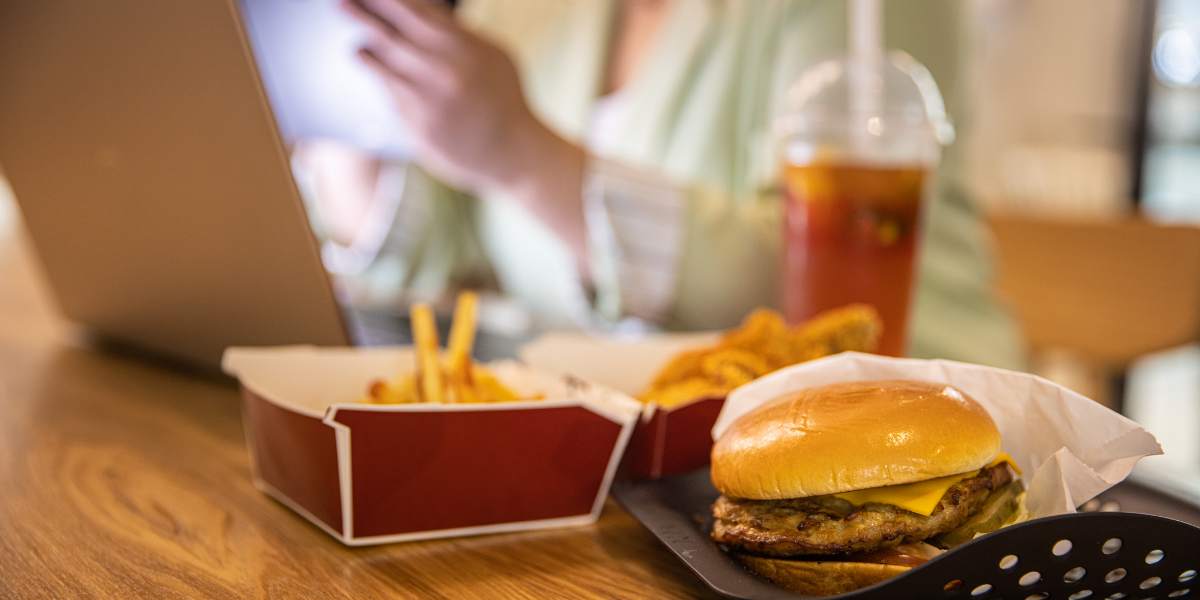People who get stuck in traffic delays are more likely to eat fast food compared to those not affected by road delays, a new study has revealed.
A recent investigation from the University of Illinois Urbana-Champaign has found that traffic jams can cause people to turn to unhealthy alternatives for dinner.
First author Professor Becca Taylor said: “In our analysis focusing on Los Angeles County, unexpected traffic delays beyond the usual congestion led to a 1% increase in fast food visits.
- High blood pressure linked to traffic noise and air pollution
- New study showcases benefits of intermittent fasting
- Traffic pollution shown to impair brain function
“That might not sound like a lot, but it’s equivalent to 1.2 million more fast food visits per year in LA County alone.”
She added: “We describe our results as being modest but meaningful in terms of potential for changing unhealthy food choices.”
During the trial, the team of researchers analysed the daily highway traffic patterns in Los Angeles over a two-year period.
In addition, they examined data outlining the number of phone users entering fast food restaurants over the same time period.
They identified a connection between traffic delays as little as 30 seconds per mile and a higher number of visits to fast food restaurants.
Professor Taylor explained: “It might not be intuitive to imagine what a 30-second delay per mile feels like. I think of it as the difference between 10am traffic and 5pm traffic.”
According to the findings, traffic delays in the evening triggered more fast food visits than delays in the morning.
Professor Taylor said: “If there’s traffic between 5pm and 7pm, which happens to be right around the evening mealtime, we see an increase in fast food visits.
“Drivers have to make a decision about whether to go home and cook something, stop at the grocery store first, or just get fast food.”
- Accelerated biological ageing associated with ultra-processed foods
- High intake of ultra-processed foods can accelerate biological ageing
- High intake of ultra-processed foods associated with osteoarthritis
She added: “Our results contribute to the literature suggesting time constraints are really important to the food choices people make.
“Any policies aimed at loosening time constraints – and traffic is essentially lost time – could help battle unhealthy eating.”
She concluded: “That could mean improvements in infrastructure to mitigate traffic congestions, expanding public transport availability, and potentially increasing work from home opportunities.”
Read more in the Journal of Urban Economics.






